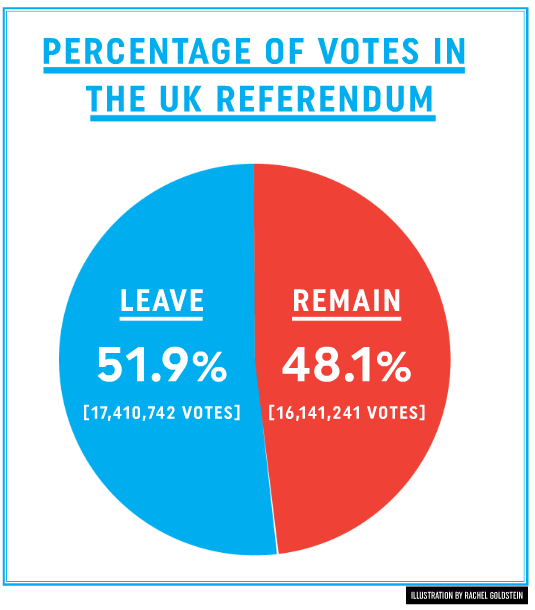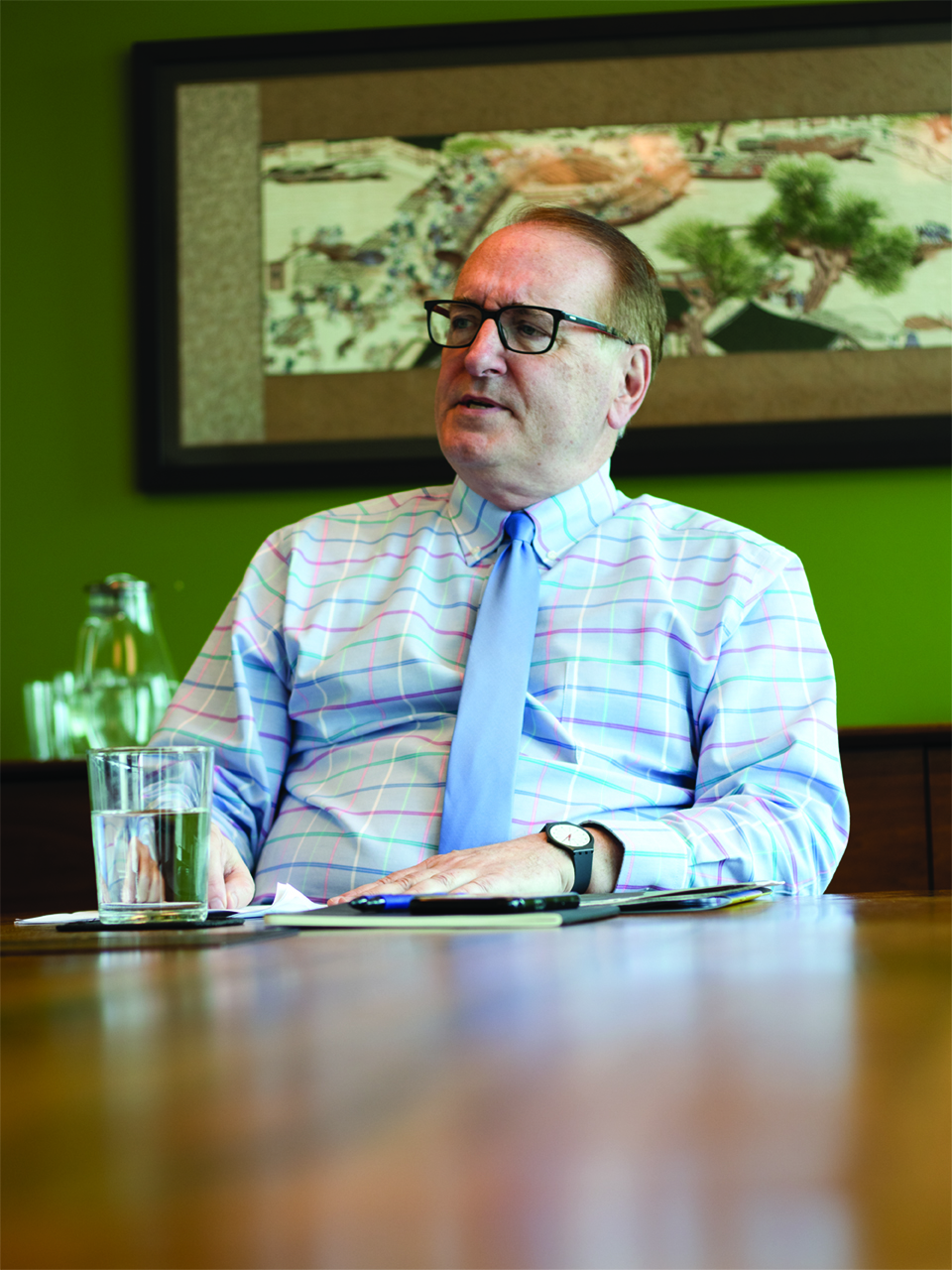Students brought forward a demand for a university-wide $15-per-hour minimum wage increase at the June 16 Board of Trustees meeting, in an environment that was relatively congenial compared to previous meetings.
Roughly a dozen students with the Portland State Student Union and other 15 Now activists attended the board meeting to express solidarity with the push for a wage increase. They also touched on frustrations with previous issues raised by PSUSU, including the arming of campus police and a recent tuition increase.
Student activists have engaged in disruption activities at previous board meetings throughout the year, leading trustees to a controversial move to a closed-door, livestream meeting in spring term. PSUSU members spoke during the summer meeting but made no attempt to halt activity.
PSUSU organizer Olivia Pace acknowledged that a lack of students on campus to show up at the meeting contributed to their decision not to disrupt, but she also said activists and the board made headway during a May meeting that the board scheduled specifically for student input.
Pace also noted the board needed to hear from student workers and faculty that engaged through recorded comments, as well as a petition that had garnered about 2,800 signatures.
“For me, I felt like it was more important in that moment to get the board to actually engage with us and actually see what’s going on and what students want and…are experiencing, rather than just being like, ‘This meeting is ineffective, we’re shutting it down,’” Pace said.
Pace also defended the overall tactic of disrupting board meetings as a tool for change, pointing out during the public comment section that the board would hear student voices next year, one way or another.
“[Shutting down meetings] is also a completely appropriate act that I stand by,” Pace said in an interview after the meeting. “But it wasn’t in this moment, right now.”
Community members in active support of the $15 minimum wage numbered around a dozen at the meeting, with three public commenters in attendance. In addition to the petition, which numbers around 10 percent of the PSU student population, supporters also posted statement collages featuring student employee quotes at the meeting room entry.
Fifth Avenue Cinema projectionist Shannon Neale spoke to concerns about poverty wages and tuition increases, pointing out that her wage would be need to be bumped up in July to meet the new state minimum wage of $9.75 an hour.
“I don’t want to sound ungrateful for my job,” Neale said. “I know I’m not a full-time employee and I’m not asking for full-time compensation. I’m asking for an appropriate wage for the work being done by the folks who make up the student body.”
According to the Oregon Center for Public Policy, the 2016 federal poverty level sits at a gross annual income of $11,880 for a one-person household. An Oregonian minimum wage-earner in July would need to work more than 25 hours per week to meet that level. But the Economic Policy Institute estimated that a single adult in Portland in 2015 needed to make $30,833, an unachievable income without overtime at the new minimum wage level.
Neale pointed to Portland’s rising cost of living in her appeal to the board. She also suggested that PSU was treating student wages with the university budget in mind.
“I understand that it would be great to relegate student work to be experience-based and intern-style work, but that’s completely unacceptable today when Portland’s becoming more and more expensive each week,” she said.
PSUSU organizer Emma Whetsell argued during the meeting that student minimum wages could be increased to $15 per hour by capping all administrative salaries to $100,000.
“She crunched the numbers and figured out how much we would have to lower administrative salaries, which would still keep all administrators at six figures, and we would have more than enough money to pay all student workers a minimum wage,” Pace said.
Currently, most student employees at PSU, including Fifth Avenue Cinema and the other Student Operated Services, are paid through the student incidental fee. That fee’s distribution is determined by the Associated Students of PSU Student Fee Committee.
The University Budget Office roughly estimated that a university-wide minimum wage increase to $15 per hour would cost $1.3 million to student fee-funded areas. The office noted that incidental fees would need to increase by $19 per academic term to fund such an increase.
The SFC increased student incidental fees by $3 per term for the 2016–17 academic calendar during last year’s budget cycle in an effort to preserve $170,000 for ASPSU to fund the Oregon Student Association. In prior years, the SFC has resisted any sort of fee increase; student government previously raised the incidental fee in 2013.
The board showed signs of response to students’ concern during the meeting, though it remains unclear whether they will take action on the specific topic of a $15 minimum wage hike. President Wim Wiewel and Trustee Peter Stott requested that numbers be drawn up to determine the impact of meeting an increase.
PSUSU organizers pointed out that the minimum wage increase factors into their decision to speak to the board. They credited the May meeting for opening up discourse, but criticized the format of the meeting as held.
“We have talked before about setting up a meeting on students’ terms,” said PSUSU organizer Mason Ashwill. “I think a lot of it going forward would be them letting students put on…something that they would come and listen to students discuss with students.”
“I think the open forum meeting really changed a lot,” Pace said. “We talked a lot about how we shut down the first meetings of the year and if that tactic would be effective or appropriate for a third time. I think for that meeting specifically, we wanted to communicate that the $15 minimum wage is what students need.”
Both students and administrators also expressed hope that students and the board could begin coming to the table with productive conversations. Incoming ASPSU President Leila Forbes expressed solidarity with the $15 minimum wage movement, but made gestures toward a discursive relationship with the board.
“I am here to serve students and that will always be my number one priority,” Forbes said during the meeting. “However, I want to see policy change happen. I want to see this year as a productive year for all of us. I want to move forward with some of these plans, and I know you all want to have some of these conversations over as well, and we can do that. But it needs to be a dialogue.”
“It’s an opening to a more productive relationship, I hope,” Wiewel said after the meeting.
PSUSU organizers pressed for more meetings like the May meeting, but with a student-led format. Pace said that Trustee Chair Pete Nickerson had refused large-scale meetings in the past, but acknowledged that meeting with any of the trustees willing to engage would be valuable.
“We’re trying to break down this bureaucratic process by which decisions are made, because it’s not run for students and we don’t have any voice in it,” Pace said. “If any of them would be open to having a meeting with us on our own terms where we call the shots and we get to structure it, I think that would be productive.”
Though PSUSU’s disruptions and protests have yet to translate to direct policy shifts, organizers pointed to the May meeting as a victory for the organization and a first step toward change. They promised to move forward on the minimum wage and other PSUSU objectives, including getting out of the Aramark contract, the tuition decrease and the disarmament of campus police.
“The board meeting where students were able to come and meet…that meeting wouldn’t have happened if not for PSUSU,” Pace said. “We’ve been pushing for that kind of meeting for months.”






